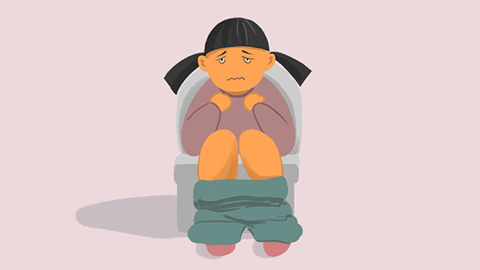Can hemorrhoids affect bowel movements?
Hemorrhoids may affect defecation when the condition is severe, but typically do not interfere with normal bowel movements in milder cases. If abnormalities occur, timely medical attention is recommended. Detailed explanations are as follows:

When hemorrhoids develop to a more severe stage, such as prolapsed internal hemorrhoids that cannot be reduced,明显 swelling of external hemorrhoids, or recurrent hemorrhoidal bleeding, they can interfere with defecation. Prolapsed hemorrhoidal tissue can block the anal canal, increasing difficulty with bowel movements and causing a sensation of incomplete evacuation. Pain and swelling may cause patients to suppress the urge to defecate due to fear of discomfort, leading to hard, dry stools. Recurrent bleeding can also result in anemia, which may reduce intestinal motility and further worsen bowel function.
If hemorrhoids are in the early stages or symptoms are mild—such as occasional minor rectal bleeding or slight anal itching—they generally do not impair normal defecation. At this stage, the hemorrhoids are small and do not cause significant anal obstruction or severe pain, so normal intestinal function is maintained and bowel habits and smooth defecation are largely unaffected.
Individuals with hemorrhoids should pay close attention to their bowel habits. If difficulties with defecation or increased rectal bleeding occur, prompt medical consultation is advised. In daily life, maintaining a healthy diet, avoiding prolonged sitting, and engaging in moderate physical activity can help prevent bowel-related complications.




